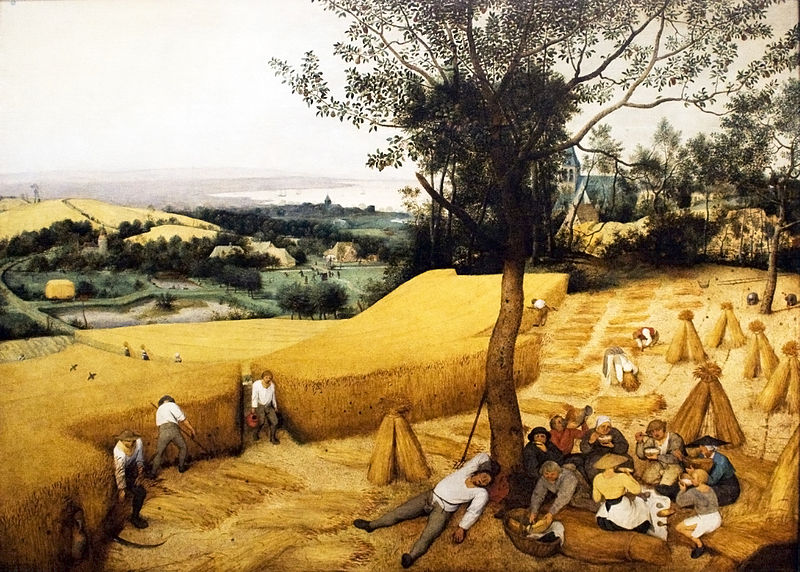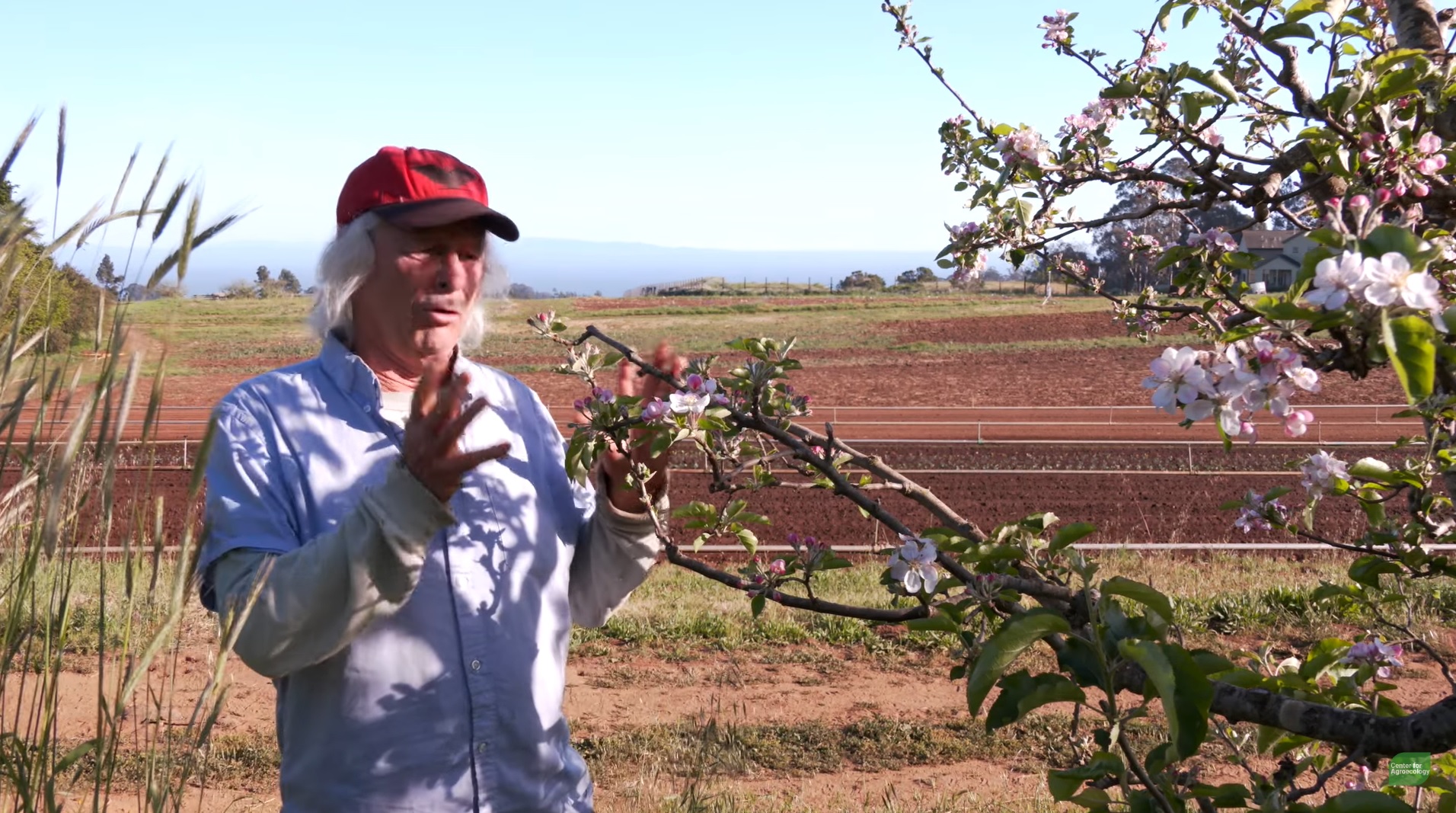Purdue University Financial Report 2023: $6.544B
Tag Archives: M9
- Home
- Posts tagged "M9" (Page 2)

Funeral Potatoes
Funeral potatoes are a tradition in Utah, especially within the Latter-day Saints community. This food is typically served at gatherings following funerals, providing warmth and solace to grieving families.The dish is a casserole made with hash brown potatoes, sour cream, cream of chicken soup, cheese, and a topping, often cornflakes or crushed potato chips. Its origins date back to the mid-20th century, when practical, easily-prepared meals were essential for feeding groups quickly.The name “funeral potatoes” reflects their frequent appearance at post-funeral luncheons, but they are also enjoyed at other gatherings and holidays. The dish embodies the spirit of community and support, symbolizing the care and comfort shared among friends and family during difficult times.
We Plough the Fields and Scatter
The lyrics were originally written in German by poet Matthias Claudius in 1782 as part of a larger work titled “Paul Erdmanns Fest” which reflects an appreciation for the agricultural cycle. The hymn was later translated into English by Jane Montgomery Campbell in 1861. The melody most commonly associated with the hymn is a traditional German tune, adapted by Johann Abraham Peter Schulz.
The hymn expresses gratitude for the earth’s bounty and acknowledges God as the ultimate provider of all good things. Its verses celebrate the act of sowing and reaping, emphasizing the cooperation between human effort and divine blessing. “We Plow the Fields and Scatter” has become a staple in Christian liturgy, particularly during harvest celebrations and Thanksgiving services, symbolizing a collective acknowledgment of and thanks for God’s abundant gifts.
Standards September: Architecture
Iconic buildings of @UMich. 🏛️ pic.twitter.com/e0s79cvQel
— Alumni Association of the University of Michigan (@michiganalumni) September 5, 2024
vv
vv
vv
vv
vv
vvv
Mabon Breakfast
Tufts University Financial Statement: $4.602B
The word “fecund” comes from the Latin word “fecundus,” which means fertile or fruitful. Historically, it has been used to describe land, animals, or people that are capable of producing abundant offspring or vegetation.
The term conveys a sense of richness and productivity, often associated with fertility and the ability to generate new life or growth. In a broader sense, it can also be applied metaphorically to describe creative or intellectual productivity.
Related:
Boston Public Library: The Origins and Practices of Mabon
Standards Michigan: Kitchen Safety & Sustainability
Apple Tree Anatomy
What goes on behind the scenes at #Lenswood #apples? Lots of forklifts, high-tech scanners to detect internal bruising, & the biggest apple pool I’ve ever seen! 🌊🍎
Thanks to the Lenswood team for chatting #IPM & involving us in the vital apple QA process – yum!@AgrifoodUoA pic.twitter.com/Pfrl1PBAoM
— Olivia Veronese (@OliviaVeronese) April 13, 2023
Penn Cooling
This content is accessible to paid subscribers. To view it please enter your password below or send mike@standardsmichigan.com a request for subscription details.
Syllabus Week 37 | September 8-14
Monday | September 8 | Colloquium 15:00 UTC
the left vs the right pic.twitter.com/bArLWhYF9P
— taylor 🧜🏻♀️ (@thetalesoftayls) September 12, 2025
Tuesday | September 9 | Colloquium 15:00 UTC
Wednesday | September 10 | Colloquium 15:00 UTC
Thursday | September 11 | Colloquium 15:00 UTC
Friday | September 12 | Colloquium 15:00 UTC
Saturday | September 13
Sunday | September 15
New update alert! The 2022 update to the Trademark Assignment Dataset is now available online. Find 1.29 million trademark assignments, involving 2.28 million unique trademark properties issued by the USPTO between March 1952 and January 2023: https://t.co/njrDAbSpwB pic.twitter.com/GkAXrHoQ9T
— USPTO (@uspto) July 13, 2023
Standards Michigan Group, LLC
2723 South State Street | Suite 150
Ann Arbor, MI 48104 USA
888-746-3670



























